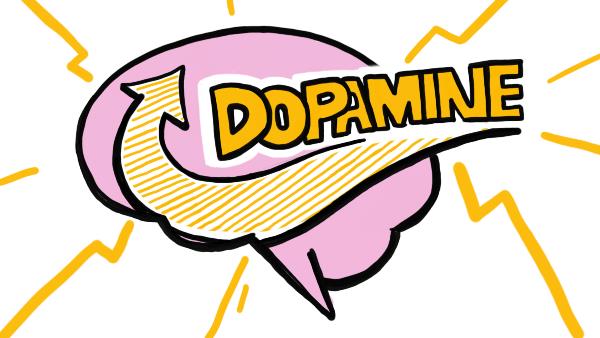The Science Behind Information Seeking: How Dopamine Influences Our Quest for Knowledge

In today’s digital age, the relentless pursuit of information has become a common behavior. Whether it’s scrolling through social media, reading news articles, or delving into Wikipedia rabbit holes, the craving for knowledge seems insatiable. Surprisingly, this insatiable thirst for information can be traced back to the workings of a powerful neurotransmitter in our brains: dopamine.
Understanding Dopamine and its Role in the Brain
Dopamine, often referred to as the “feel-good” neurotransmitter, plays a crucial role in the brain’s reward and pleasure systems. It is associated with feelings of motivation, reinforcement, and even addiction. When we engage in activities that are perceived as rewarding, such as eating delicious food or receiving positive feedback, our brain releases dopamine, creating a sense of pleasure and reinforcing the behavior.
The Dopamine-Information Connection
Interestingly, the same reward system that motivates us to seek out pleasurable experiences also influences our pursuit of information. Studies have shown that the anticipation of receiving new information triggers the release of dopamine in the brain, generating a feeling of pleasure and excitement. This neurochemical reaction fuels our desire to explore, learn, and discover, creating a cycle of seeking more knowledge.
The Thrill of the Unknown: Dopamine and Curiosity
Curiosity, often seen as the driving force behind exploration and learning, has deep connections with the dopamine system. When we encounter something novel or unexpected, our brain releases dopamine, encouraging us to further investigate and understand the new information. This process not only enhances our cognitive abilities but also promotes a sense of fulfillment and accomplishment, reinforcing the behavior of seeking more knowledge.
The Digital Age and Dopamine-Driven Information Consumption
With the rise of the internet and digital media, the accessibility of information has exponentially increased. Social media platforms, search engines, and online databases constantly offer a barrage of novel information, triggering our dopamine systems and driving us to consume more content. The instant gratification provided by a simple click or swipe further reinforces this behavior, leading to a cycle of continuous information-seeking and consumption.
Finding Balance: Managing Information Consumption
While the pursuit of knowledge can be enriching, excessive information consumption driven by dopamine can have adverse effects. Constant exposure to an overload of information may lead to decreased attention span, information overload, and even difficulties in decision-making. Finding a balance between satisfying our curiosity and maintaining a healthy information consumption habit is essential for overall well-being and cognitive health.
In conclusion, the intricate relationship between dopamine and our pursuit of information highlights the profound impact of neurochemistry on our behaviors and choices. Understanding this connection can help us navigate the digital landscape more mindfully, fostering a healthy balance between information consumption and personal well-being. By recognizing the influence of dopamine, we can harness the power of knowledge while maintaining a healthy and sustainable approach to information-seeking.
Picture Courtesy: Google/images are subject to copyright








